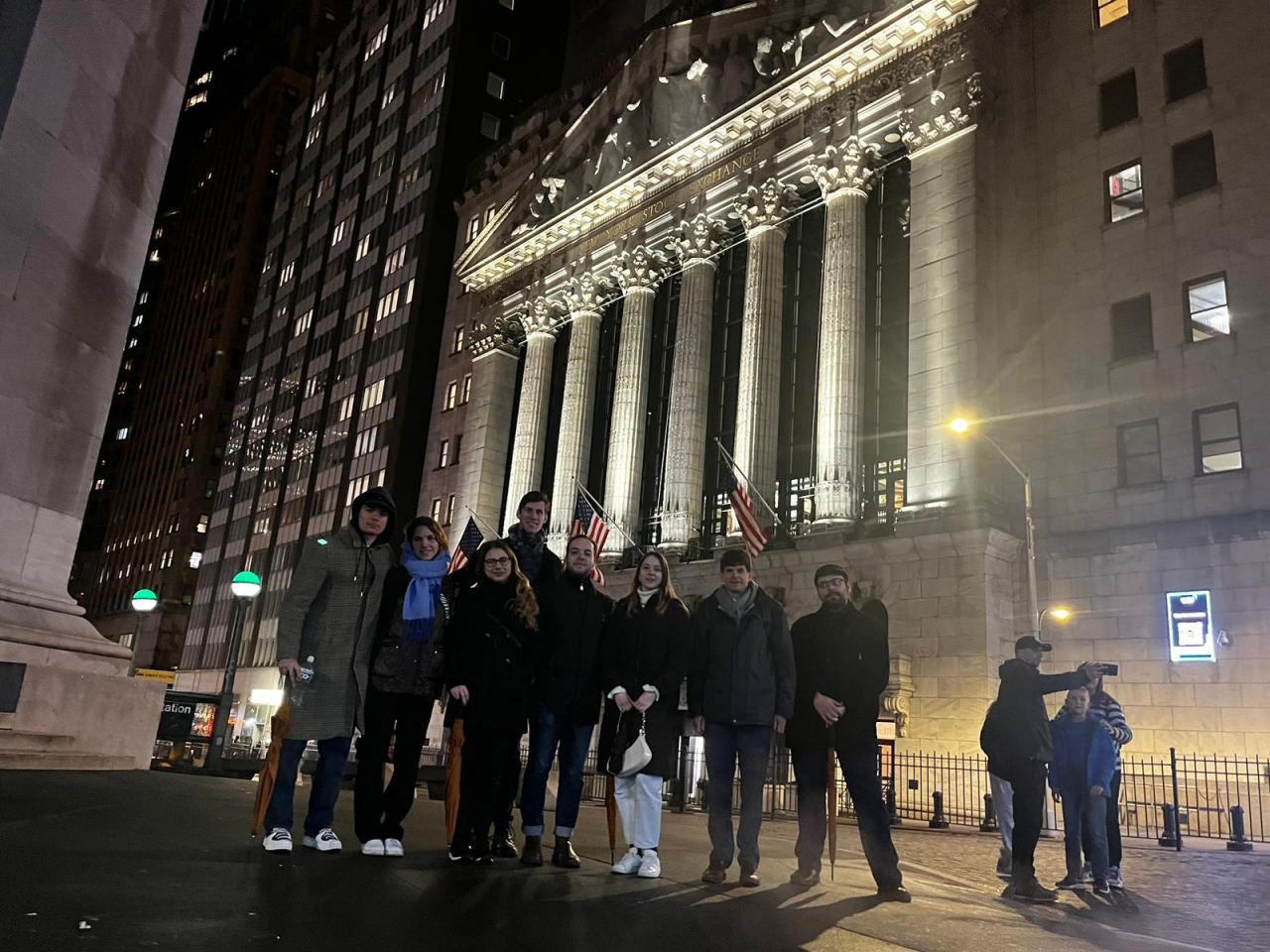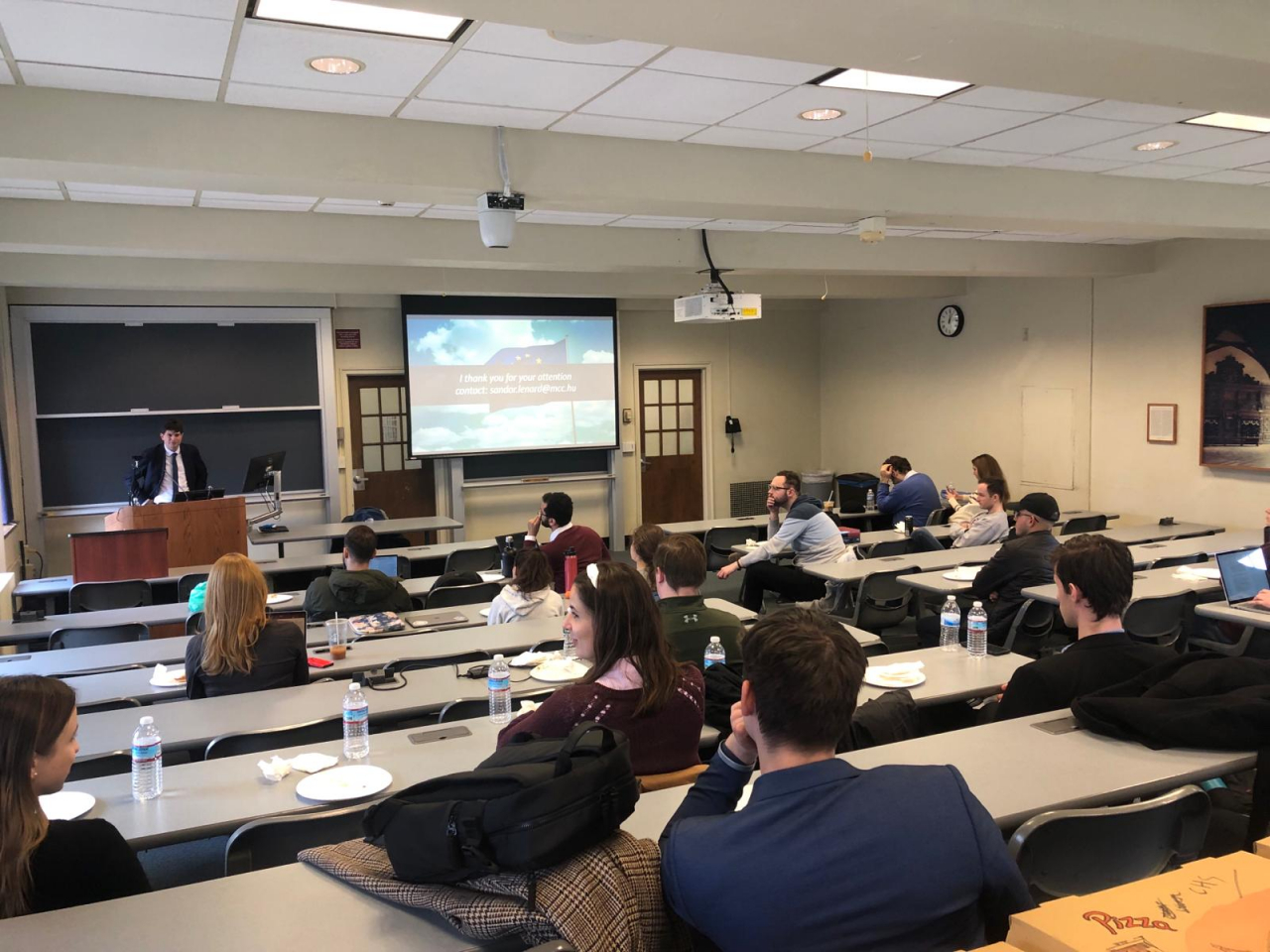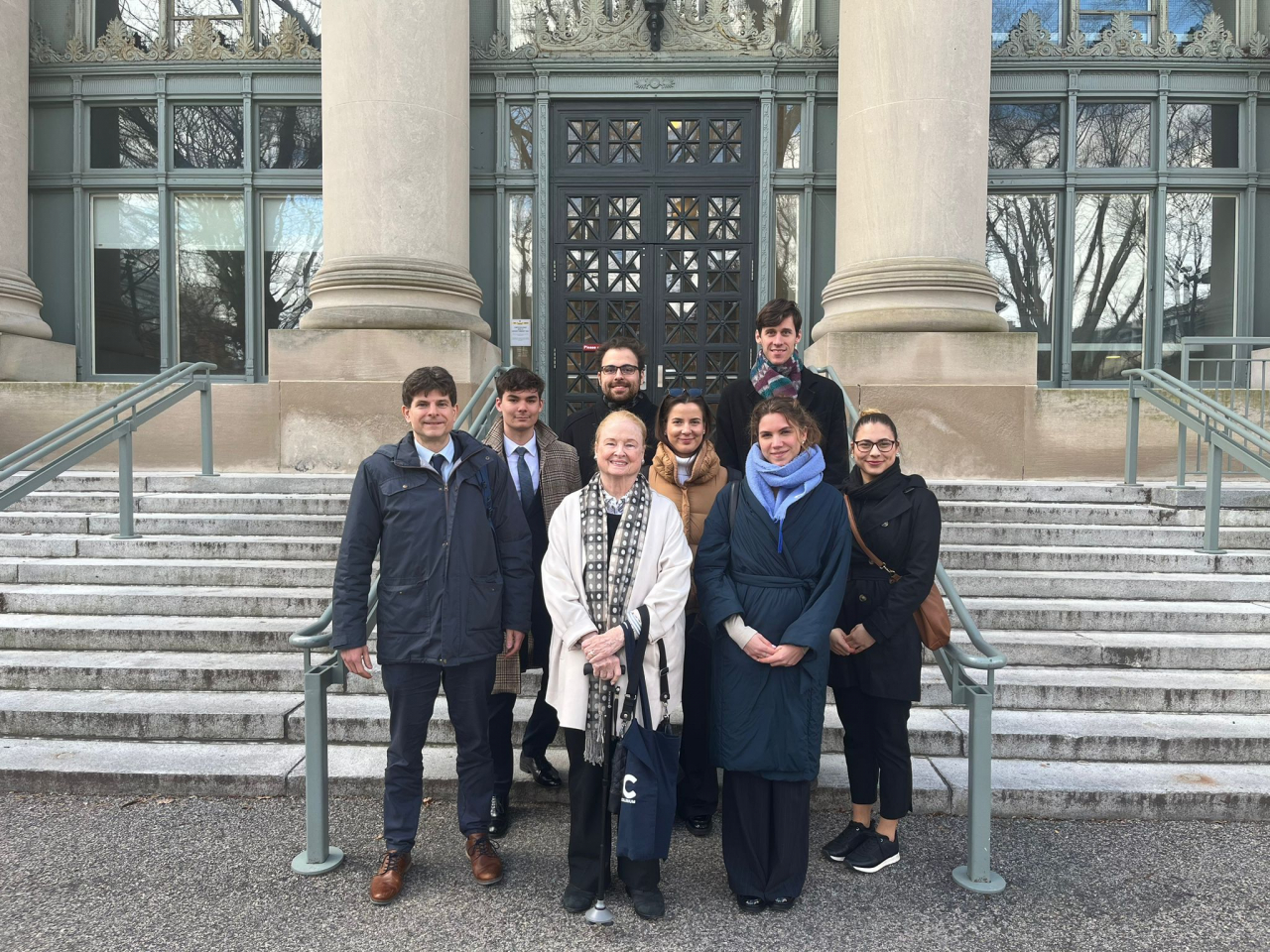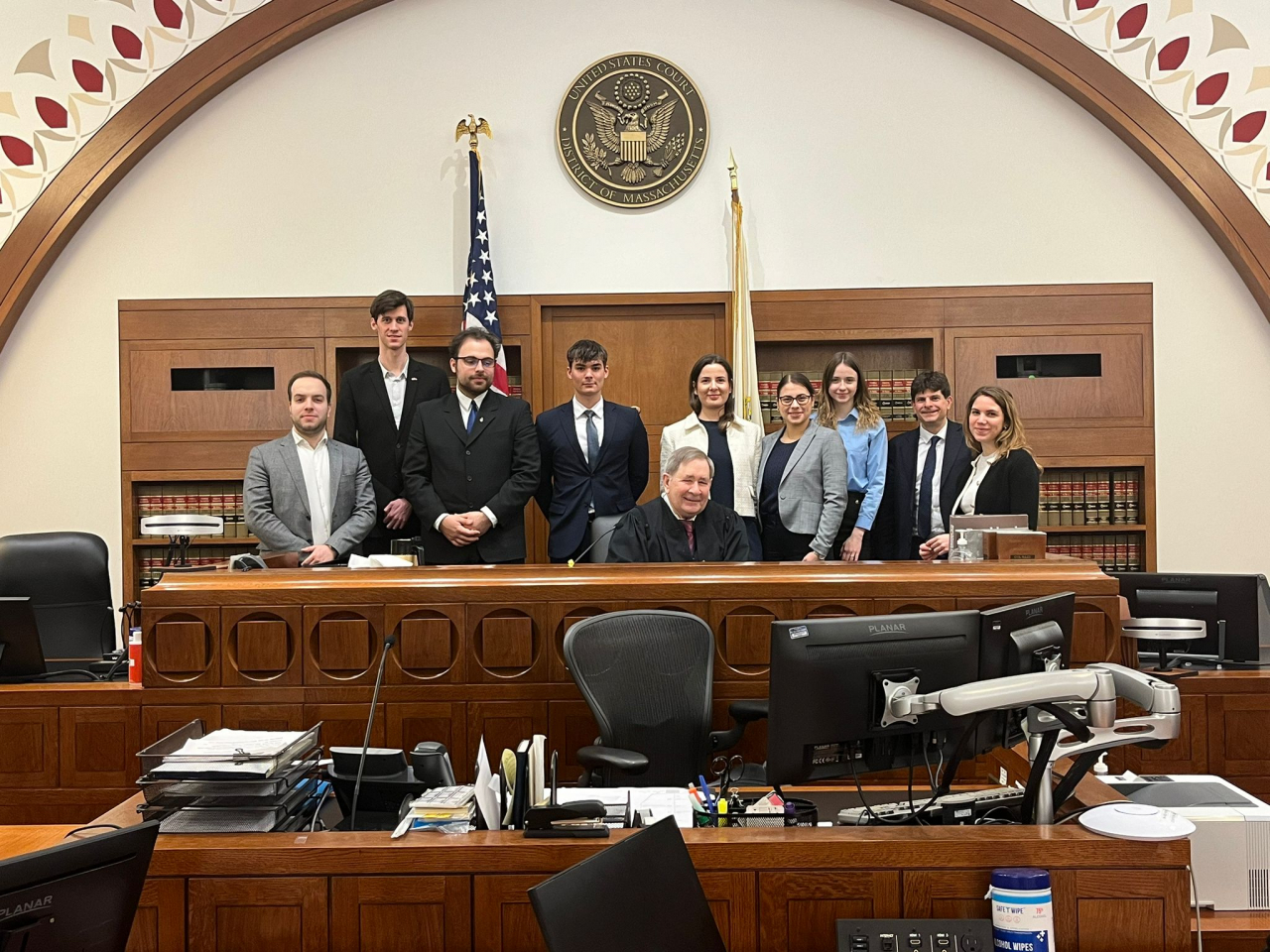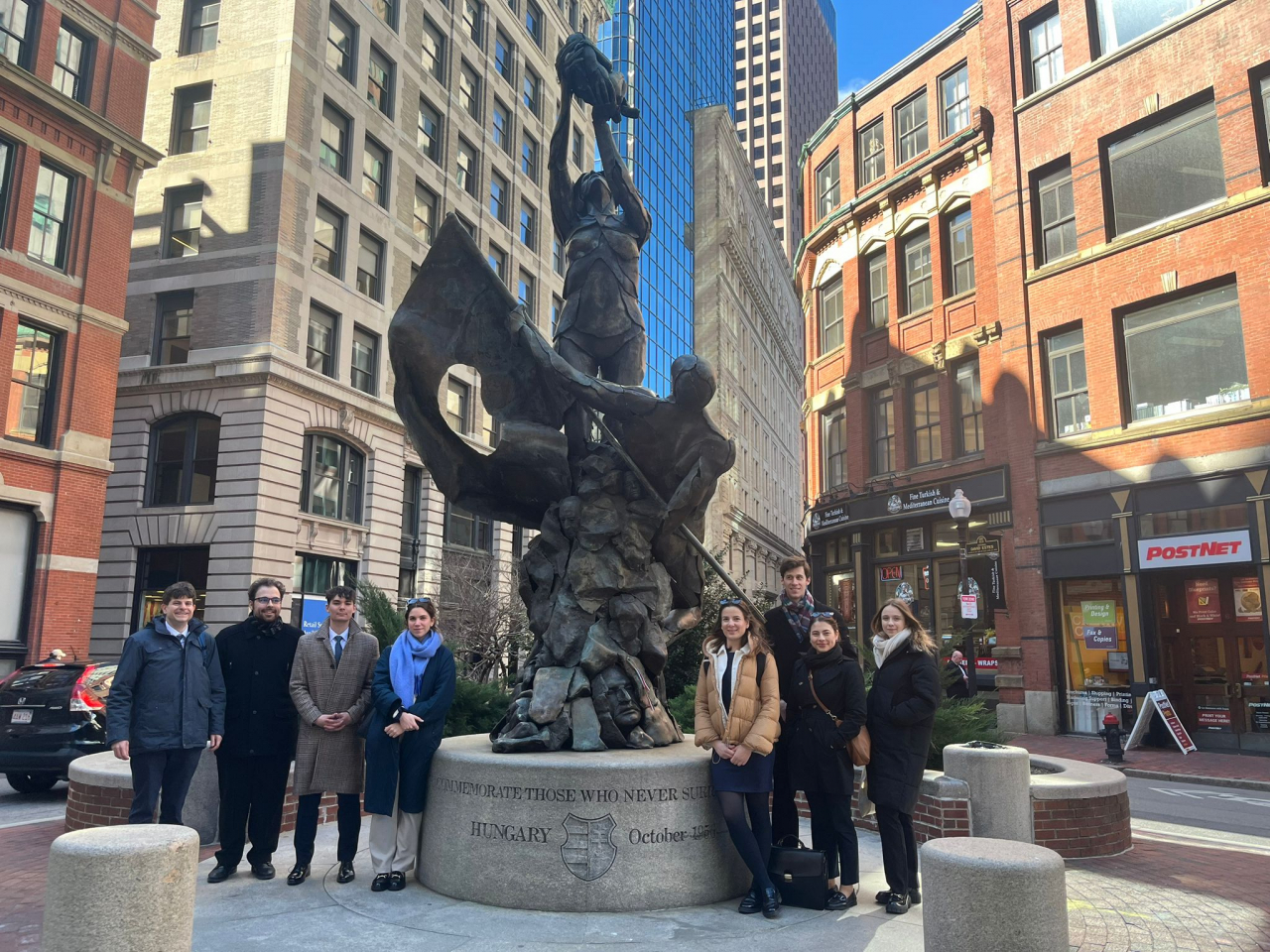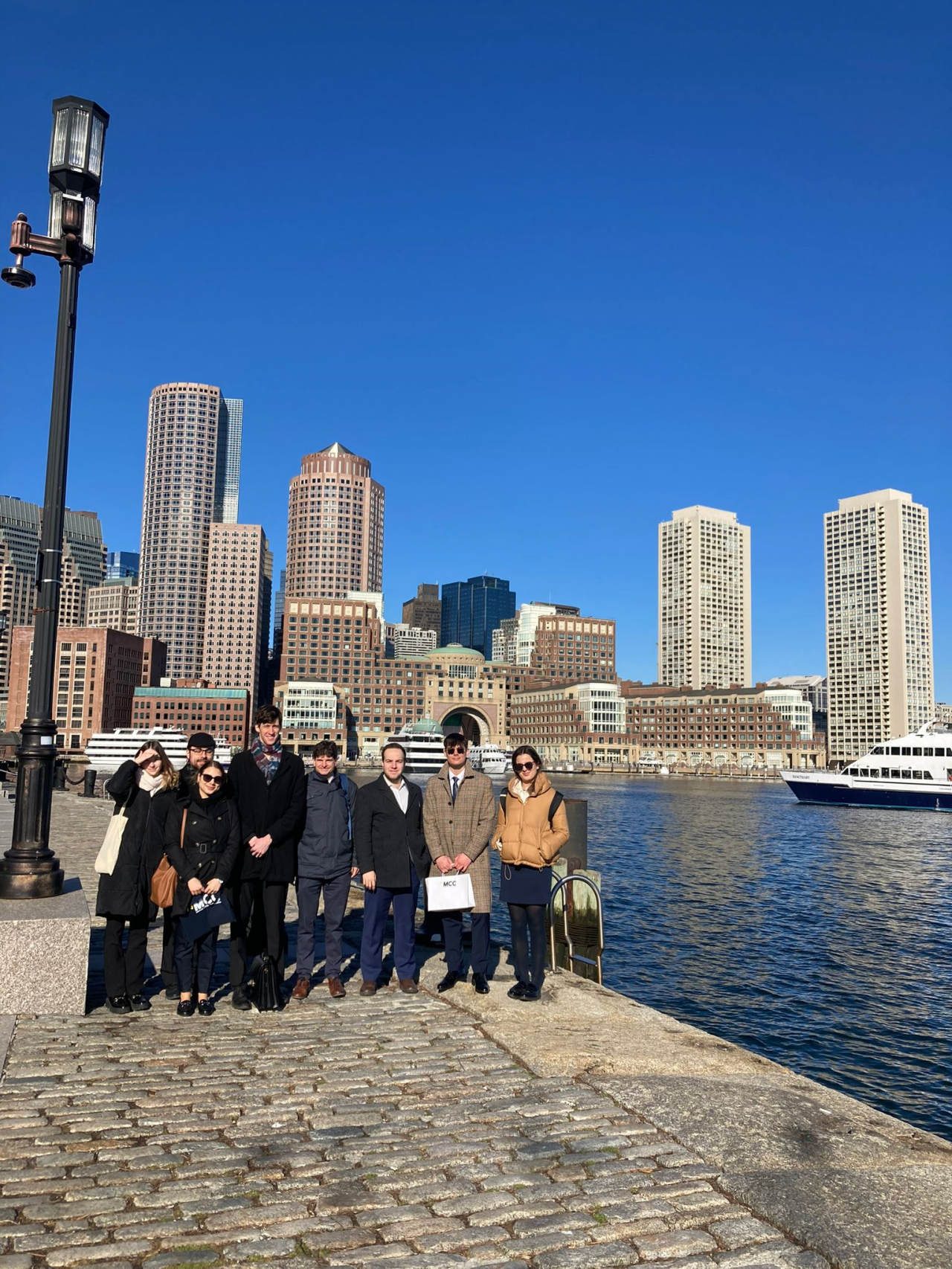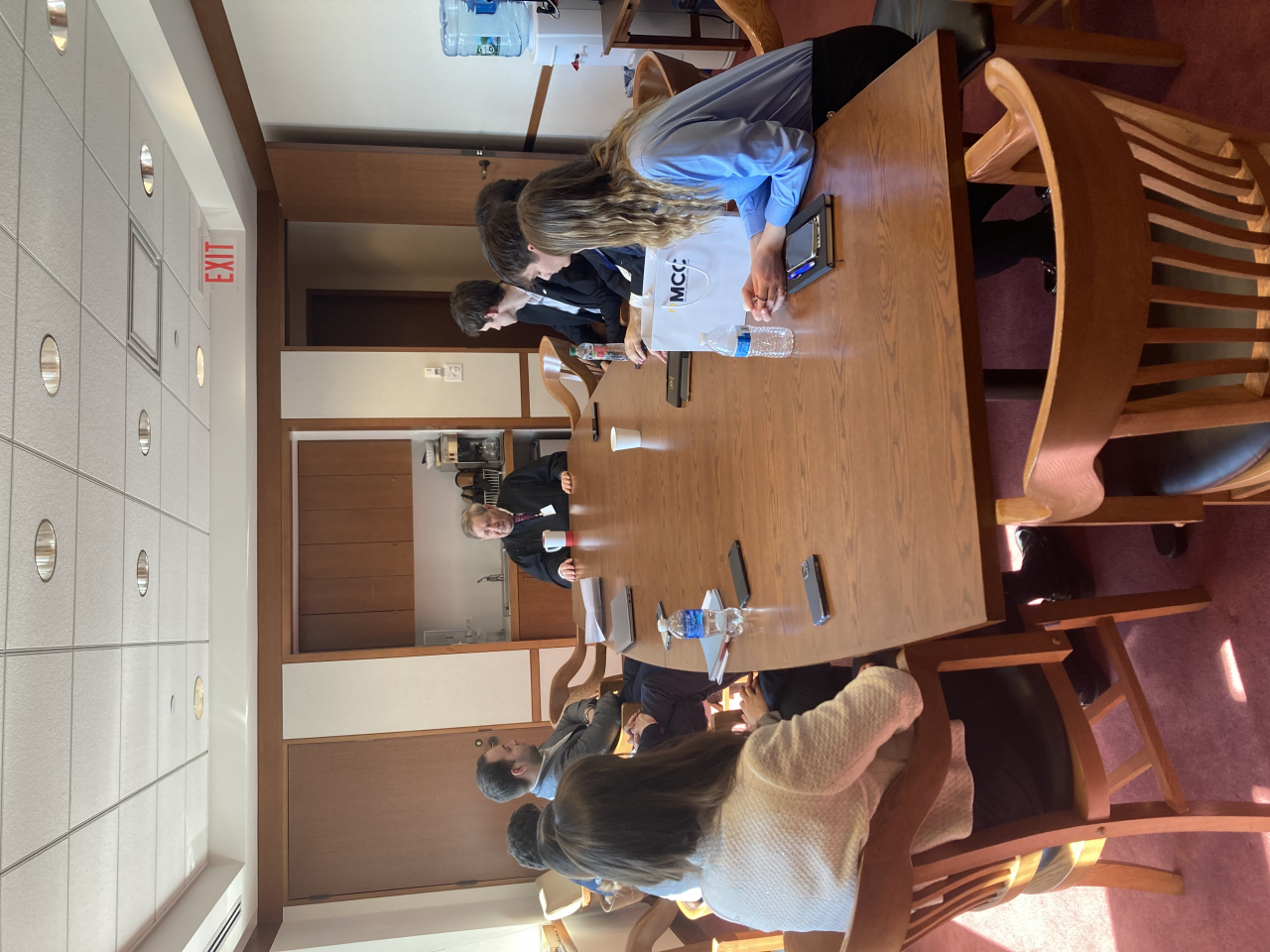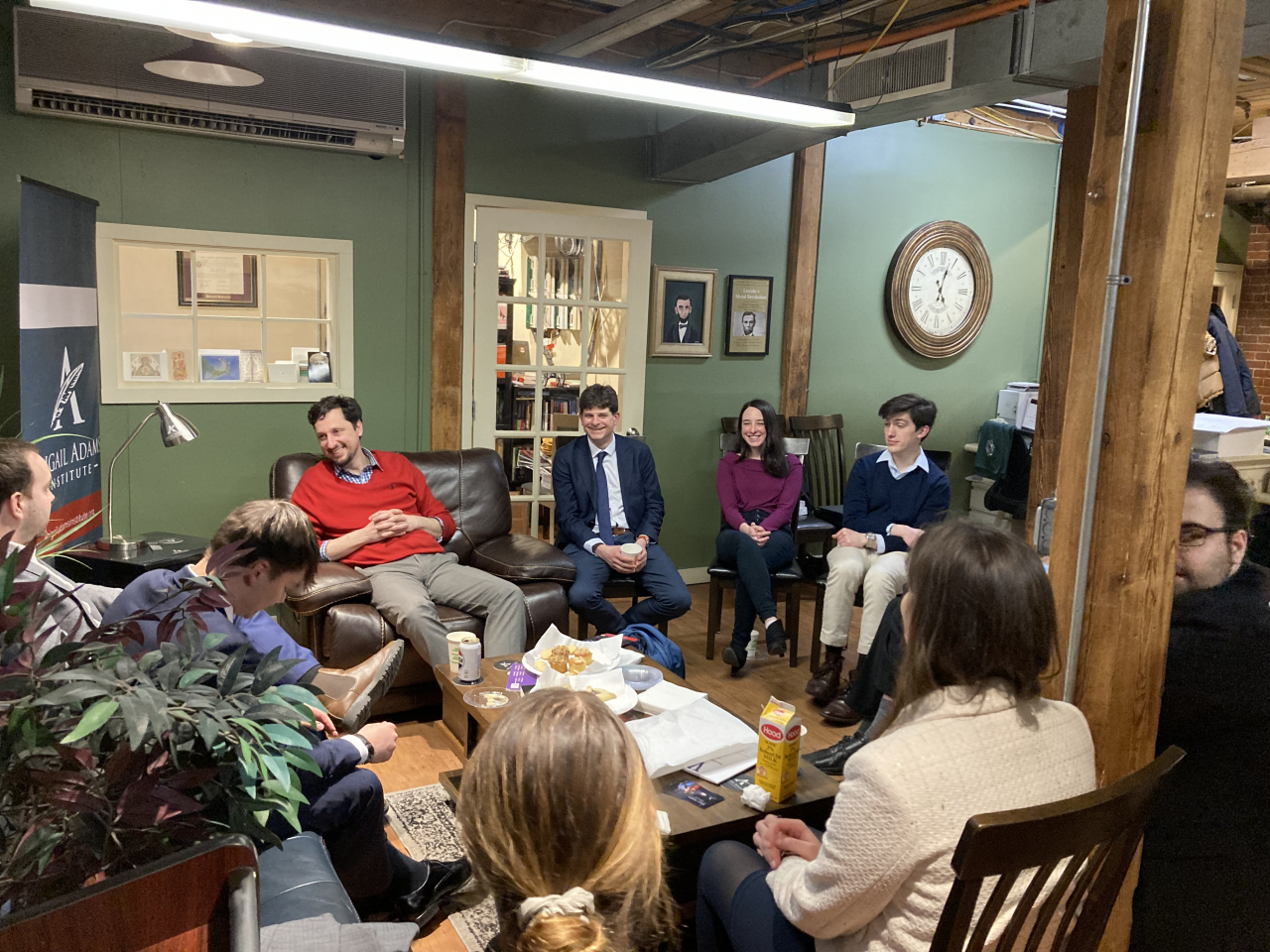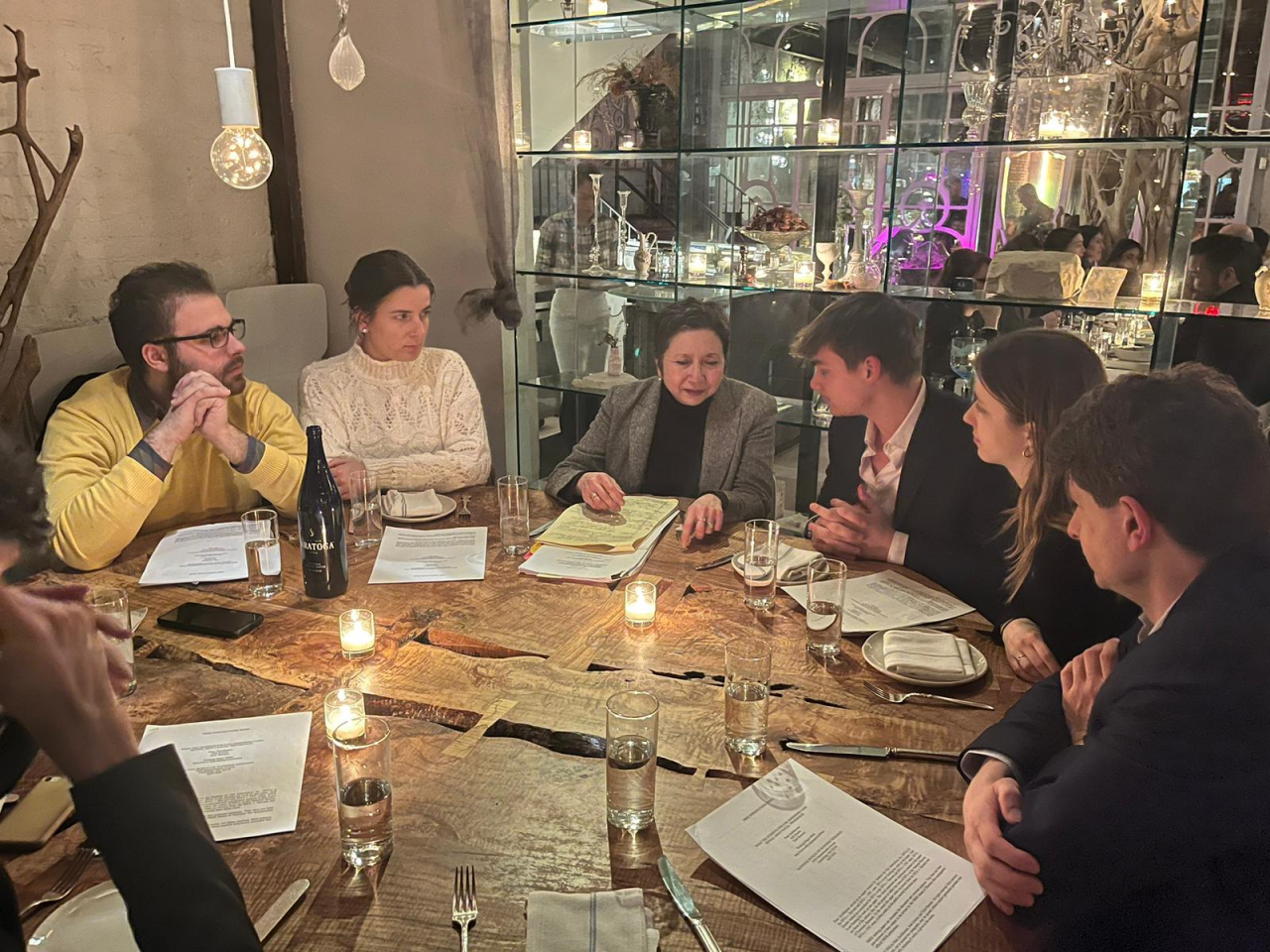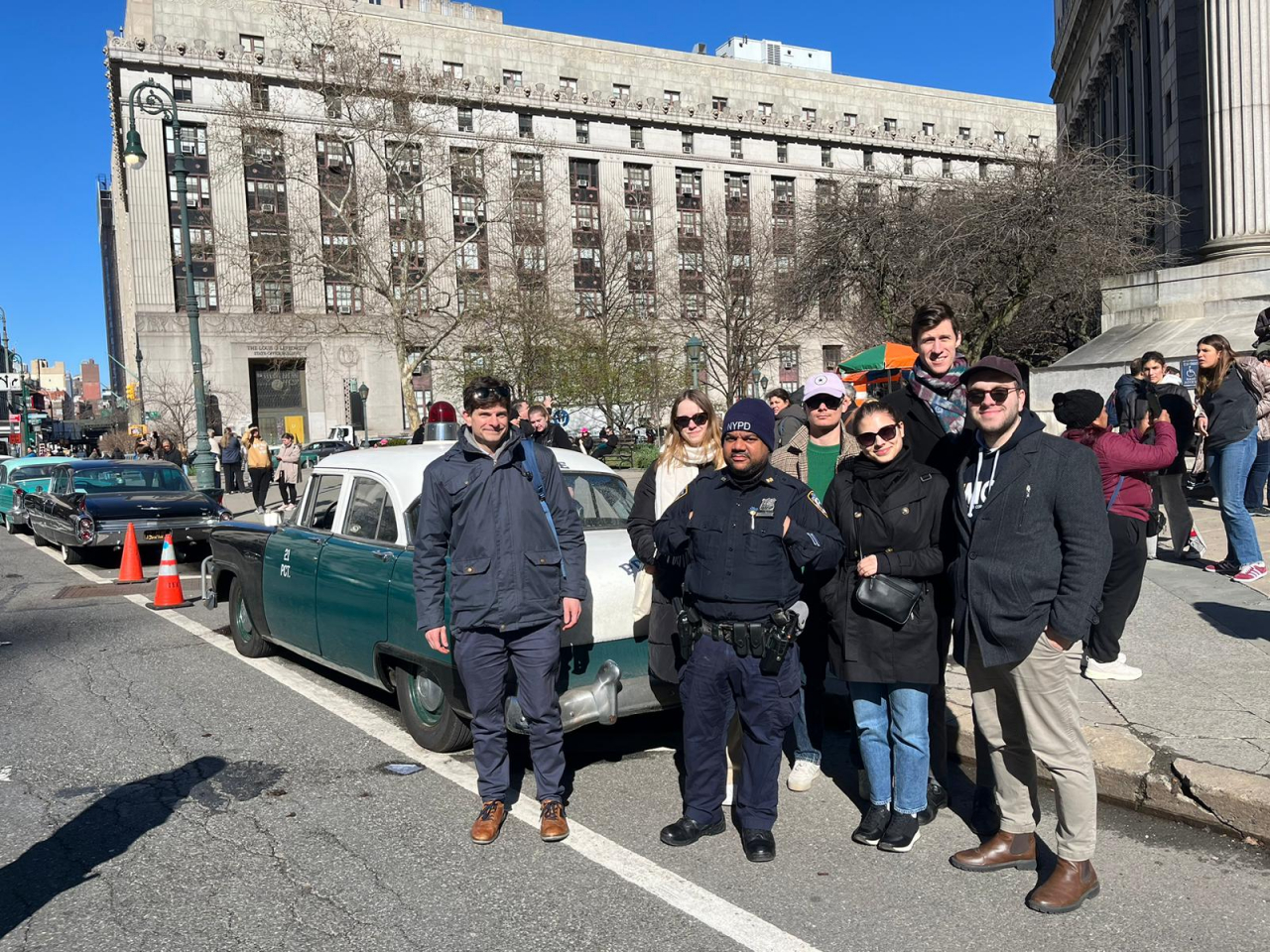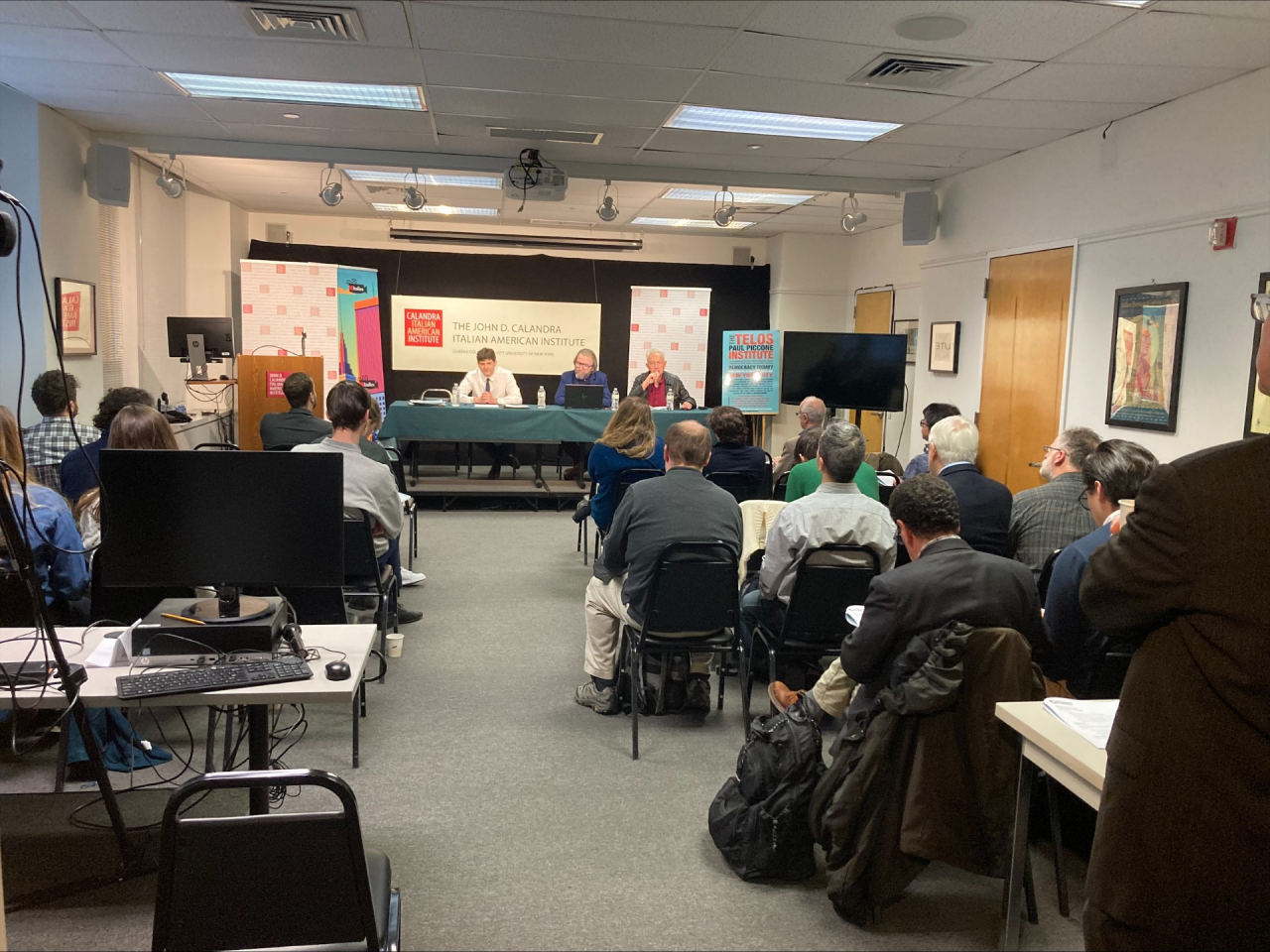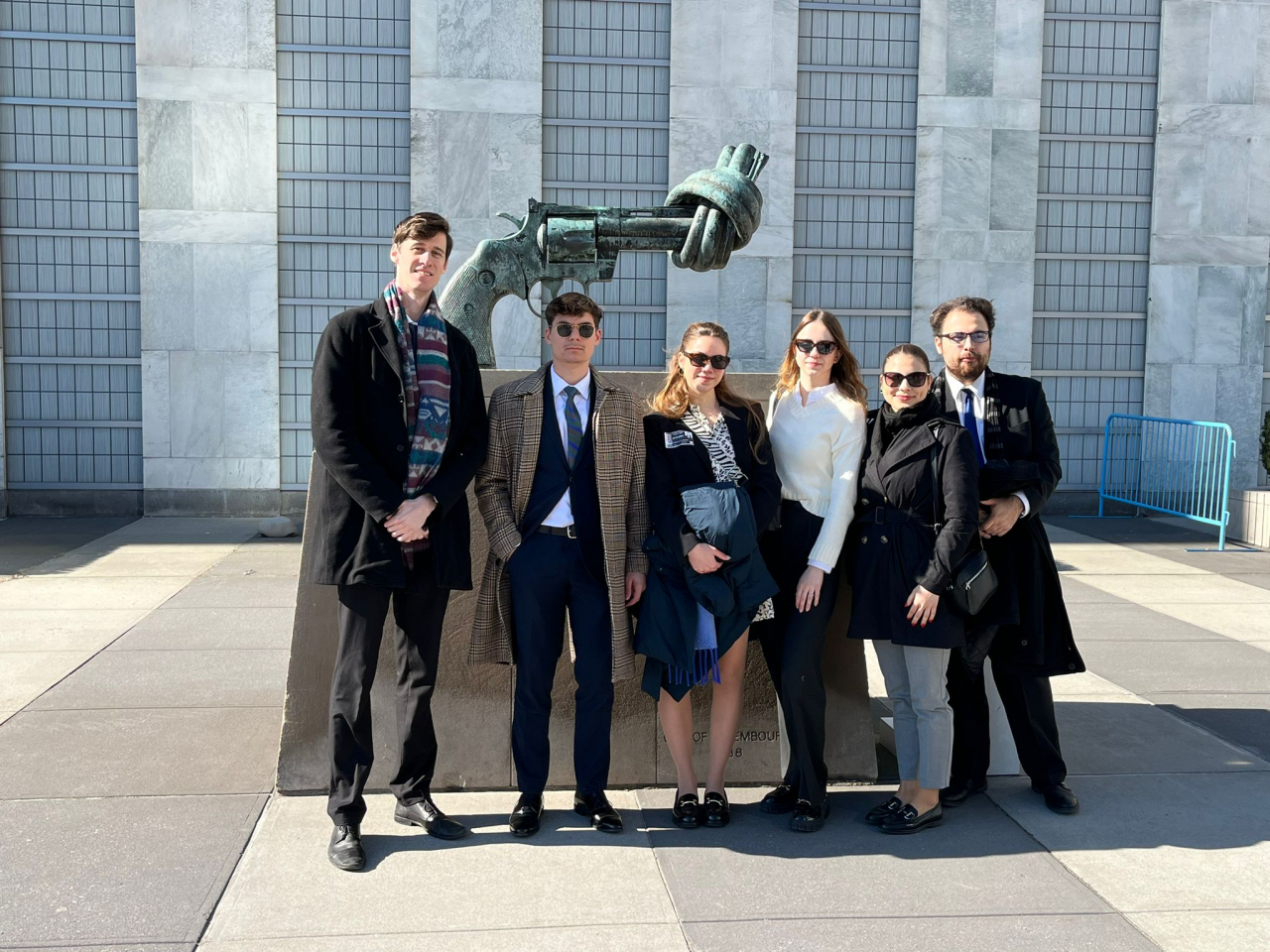Reading time: 4 minutes
From New York to Boston, world-renowned universities, legendary professors, prominent federal judges, joint student programs, a thought-provoking conference and even more adventures on the East Coast of the United States of America: the MCC-Harvard Student Summit provided our students with a rich community-building experience.
On the study trip’s first day, MCC students were given an insight into the practical side of the Anglo-Saxon legal system. In the magnificent building of the US Federal District Court in Boston, Judge Richard Stearns gave a presentation that outlined the unique characteristics of the jury system as well as the importance of procedural safeguards. The students then attended jury trials and various hearings, both civil and criminal, and observed the jury selection process. Afterwards, they also had an informal discussion with Judge Stearns about the background, development, and practice of various Anglo-Saxon and American legal institutions and their differences from the continental legal system. In the afternoon, the students visited the Abigail Adams Institute at Harvard University, where they discussed American universities, the current challenges of academic freedom, and geopolitical issues with the director and the professors of the Institute.
On Tuesday, MCC students went to the campus of Harvard Law School where Professor Stephen Sachs welcomed them and shared his insights on the different methods of American constitutional interpretation, their historical developments, and their implications. Later that day, they had a unique opportunity to meet the renowned professor of international law, Mary Ann Glendon, who shared her thoughts on the Universal Declaration of Human Rights and the challenges the human rights system faces today. She outlined the historical path that led to the drafting and adoption of the document and then involved the students in a joint discussion on the current state of human rights and the possible scenarios for the future. The day concluded with a joint student program at the Abigail Adams Institute.
The students spent Wednesday at Boston College. First, they had the opportunity to listen to a fascinating special lecture given by Professor Ken Kersch, on the role of the Declaration of Independence in American history and the history of conservatism. Afterwards, Lénard Sándor, head of MCC’s Center for International Law gave a presentation to American students on the turning points in the development of the European integration and the ideas and debates on the future of Europe. At the end of the day, students had a dinner with Julius Krein, founder of American Affairs magazine, where they discussed the current geopolitical challenges.
After Boston, the students made their way to New York, where they first met an American attorney, Elizabeth Wolstein. During the informal discussion, Elizabeth Wolstein explored the constitutional dilemma regarding affirmative action in America and the background and reasoning behind the Supreme Court decision on the discriminatory practices of Harvard University. The students also took the opportunity to stop by the United Nations, visiting the UN building and its main organs while the organization’s history, structure, decision-making mechanism and current reform efforts were explained by Lénárd Sándor.
Additionally, students participated in the Telos-Paul Piccone Institute scientific conference that addressed the question of democracy and its current challenges, with particular focus on the decline of liberal democracies and the role of popular sovereignty. Among the conference speakers were Kiron Skinner, Sohrab Ahmari, Russell Berman, and David Pan. Lénárd Sándor gave a presentation on democracy in Europe and stressed that the increased questioning of the democratic legitimacy of European integration is a real and timely challenge. Furthermore, he stressed that because Europe is still characterized by major fault lines between nations, peoples, and regions which leads to a widespread diversity of perspectives, a transnational political space is not able to represent an authentic democratic debate. Therefore, the future of European democracy can only be imagined as a democracy of national democracies.
After a week full of academic programs, conferences, court and institution visits, MCC students were able to enjoy an authentic New York expedition: exploring the city from the Staten Island ferry to the Empire State Building and Central Park, experiencing museums and gospel music. This cemented the trip as not just an academic trip, but as a one-in-a-lifetime teambuilding and memorable adventure.
